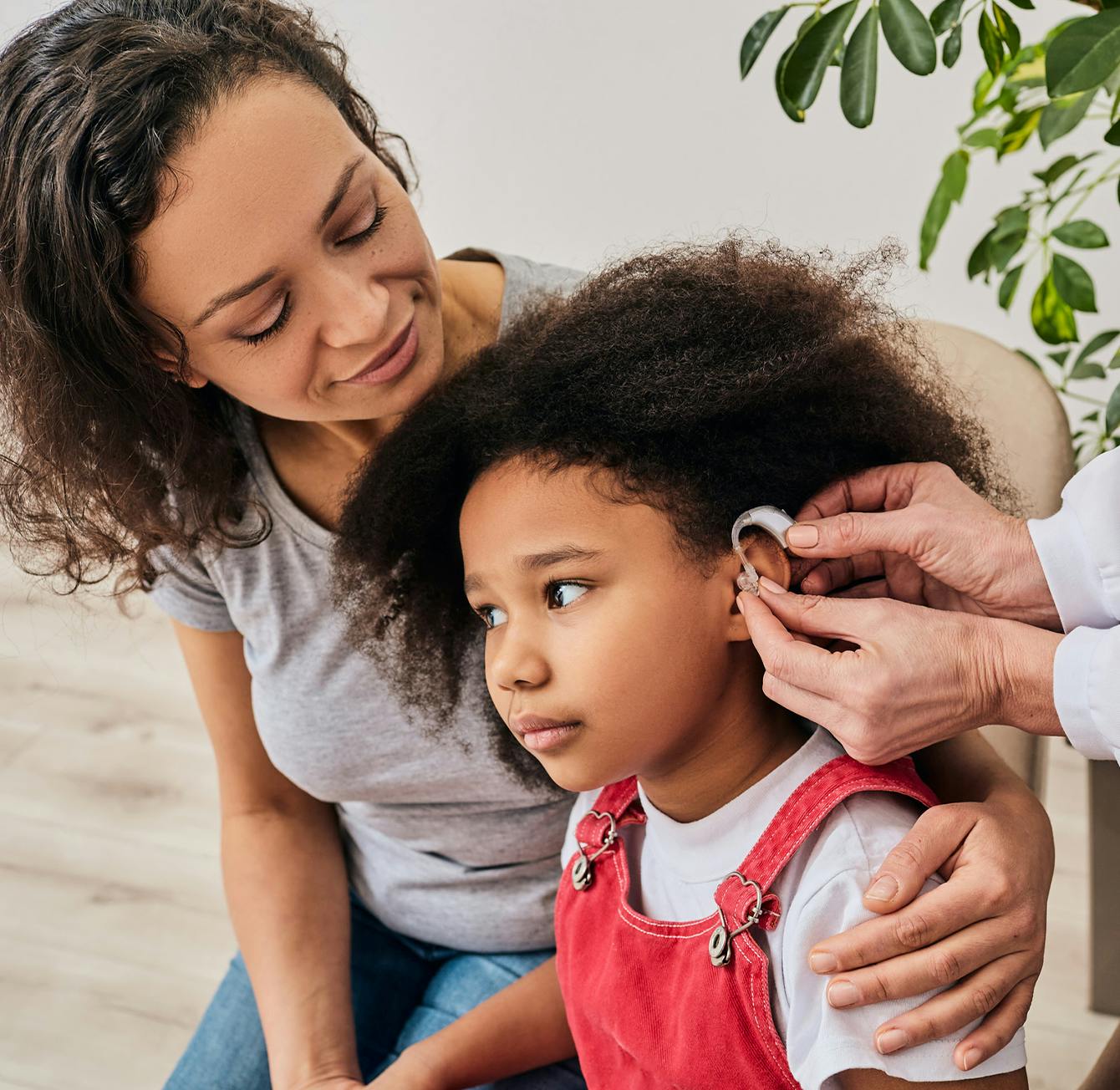Hearing loss can have a profound impact on your life, making it challenging to communicate, enjoy social interactions, and fully engage in everyday activities. However, there is hope and help available through the use of hearing aids and the expertise of a hearing aid doctor in Houston.
Hearing Aids
Hearing aids are advanced, small electronic devices designed to amplify sound and improve hearing for individuals with hearing loss. They come in various styles and configurations, each suited to different degrees and types of hearing loss. Common types of hearing aids in Houston include:
- Behind-the-Ear (BTE): These hearing aids rest behind the ear and are connected to a custom-fit earmold placed inside the ear canal.
- In-the-Ear (ITE): ITE hearing aids are custom-made to fit within the outer portion of the ear, making them less visible.
- In-the-Canal (ITC): ITC hearing aids are smaller and fit partly into the ear canal, making them discreet while providing effective amplification.
- Completely-in-the-Canal (CIC): CIC hearing aids are the smallest and least visible type, fitting entirely inside the ear canal.
- Receiver-in-Canal (RIC): RIC hearing aids feature a small receiver placed inside the ear canal, connected to the main unit behind the ear by a thin wire.
Modern hearing aids are equipped with advanced features, including noise reduction, directional microphones, Bluetooth connectivity, and smartphone compatibility. They are designed to enhance speech clarity and improve overall hearing experiences.





